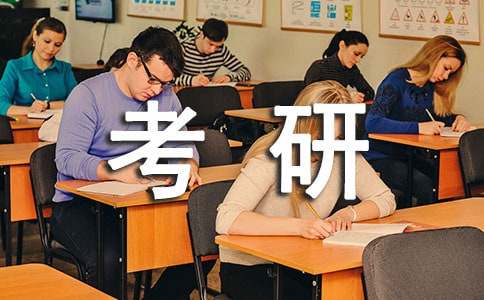关于考研的英语信息
Jonathan Swift (1707-1754)

Greatest satirist;
Two party politics; Tory or High Church party composed of the old Cavaliers, the royalists; Whig Party composed of Puritan sympathizers and progressive free thinkers who believed in religious toleration, at least for Protestants.
The Battle of the Books--- a satire on the corruption of learning, a quarrel between ancients and moderns, whether the ancient or modern writings were of greater value;
The Tale of a Tub---a satire on the religious disputes among different branches of Christian church.
A Modest Proposal.
Gulliver’s Travels----a combination of political allegory, moral fable, social anatomy and mock Utopias, set within a skillful parody of travel fiction and journals of scientific exploration.
Book 1: a detailed political allegory of the reigns of Queen Anne and George I of England.
The corruption, political and religious strife, the social vices.
Book 2: a mock utopia; the inhabitants of Brodingnag are superior to human beings both in wisdom and in humanity.
Book 3: a flying island of Laputa, containing criticism of the western civilization and dealsing with different malpractices and false illusions about science, philosophy, history and immortality.
Book 4: the land Houyhnms, where the horses are noble, clever and reasonable beings; the Yahoos, hairy, manlike creature, are greedy, envious, cruel, dishonest and disgusting brutes. This part creates a Utopia of pure reason.
In structure, the four parts make an organic whole, each contributing to the central concern of study of human nature and life. In the first two parts, man is observed from both ends of a telescope, the exaggerated smallness and the exaggerated largeness.
As a whole, the book is one of the most effective and devastating satires of all aspects in the then English and European life---- socially, politically, religiously, philosophically, scientifically and morally. It carries great social significance because it made profound exploration into human nature.
Caused critical controversy; mistaken for a misanthropist.
I would anger it if I could with safety. His work is not an attack on the common man, but on those who , corrupted by their passion or self-interest, misuses their reason to deceive and enslave.
Swift’s satire is usually marked by an outward gravity and an apparent earnestness, so it is very powerful. The apparent sincerity and detachment of the author adds force to the bitter irony and biting sarcasm.
Style: always simple, direct and precise; clear, simple, concrete diction, uncomplicated sentence structure, economy and conciseness of language.
The major satirical devices:
Allegory—the narration of some events or figures which imply real events or people. Many events and characters described in part 1 parallel English society of 18th c.
High-heels and Low-heels; Big-Endians and Small-Endians
Irony--- saying one thing and meaning the opposite. There is always a gap between what he says and what he means, between the surface meaning and his real intention.
Invective—direct verbal attack. In Book 3, the description of England as a land of informers. In book 4 attack on legal profession. Swift is protesting, on behalf of humanity, against evil in human society.
【关于考研的英语信息】相关文章:
考研的信息01-22
考研的信息(13篇)01-22
考研的信息13篇01-22
考研的信息(汇编13篇)01-22
考研的信息集锦13篇01-22
考研英语题型07-20
考研英语阅读12-31
地理信息科学专业考研02-18
考研英语学习计划07-20
考研英语学习总结06-26